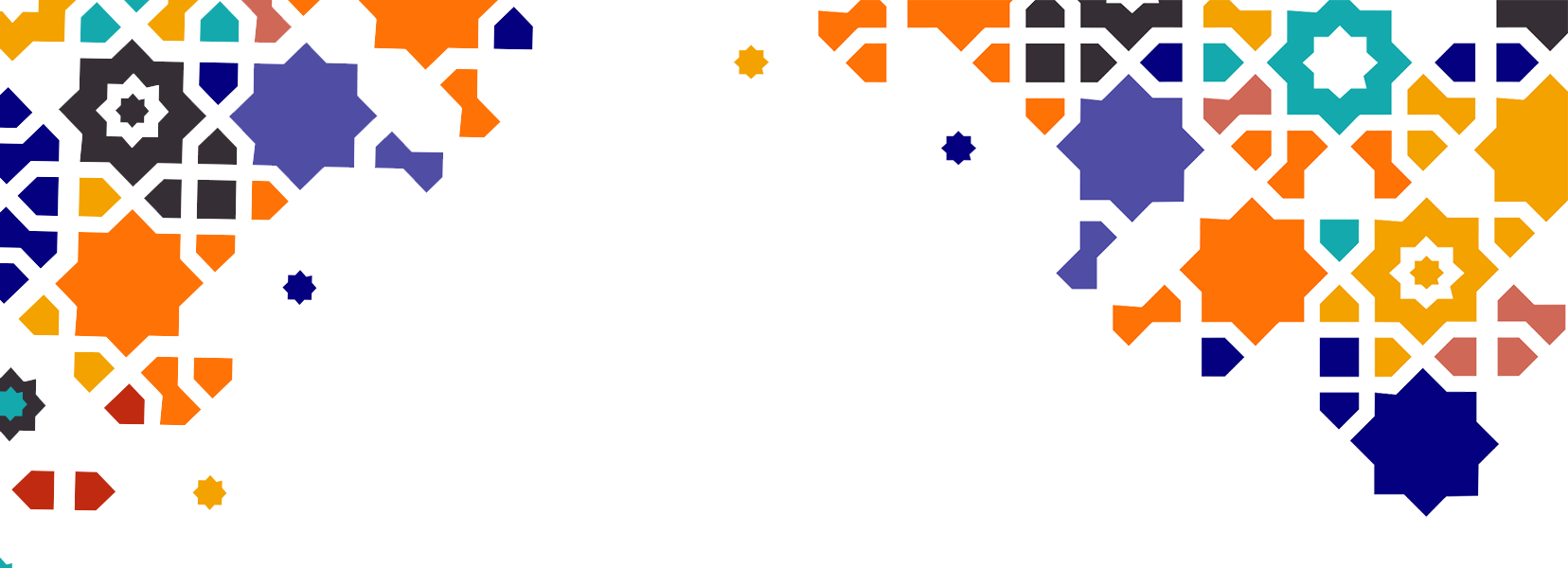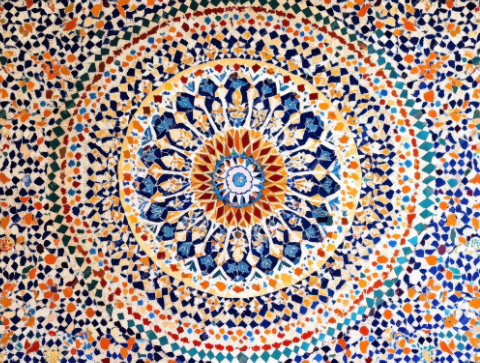
The power of Arab expressions : a mosaic of humor and wisdom

In this article, we dive into the wealth of Arabic idiomatic expressions. Wisdom, humor and philosophy combine to bring a universal message: unity in diversity.
One language, thousand faces
The Arabic language, spoken by over 450 million people, is fascinatingly diverse. Its idiomatic expressions, though often rooted in local contexts, resonate throughout the world, in different forms, and cross geographical boundaries. Each idiom is a different invitation. Sometimes it invites us to discover a history, a way of seeing the world or even a philosophy of life.
Take, for example, the expression “اللي على راسه بطحة يحسّس عليها” (illi aala rasoh batha yi'hiss aalayha), which literally means :
“Whoever has a bump on the head will continue to feel it”.
This expression describes a guilty person who ends up betraying himself by his actions or words. In French, a similar version would be: “Celui auquel une dent fait mal y porte toujours la langue”. This proverb illustrates how human emotions, such as guilt, can take no other path than that of truth.
Words of reason
Idiomatic expressions also convey pragmatic life lessons, often with a touch of humor. Take the example of “على قد لحافك مد رجليك” (alaa qad lihafak mid rijleik), which means :
“Extend your legs as far as your blanket extends”.
This proverb advises living within your means and not exceeding your resources. Naturally, this expression has echoes in other cultures, notably Mongolia, where it may originate from the traditions of desert nomads. It perfectly illustrates the idea that the values of cautiousness and humility are universal.
Another striking example is “الناس اكلت وجهي” (al-naas akallet wejhi), literally:
“People ate my face”.
Commonly used in Egypt, this expression describes the feeling of humiliation or “losing face”. It reflects the importance attached to honor and reputation, themes that undoubtedly resonate far beyond the Arab world.
The Art of saying without saying
Some idiomatic expressions illustrate the subtlety and wisdom of the Arabic language. Take “من كانَ بيتُهُ من زُجاج لا يرمي الناسَ بالحجارة” (min kana baytoh min zujaj, la yarmi al-nas bil-hajjar), which means:
“People who live in glass houses shouldn't throw stones”.
This proverb calls for introspection before criticizing others. Its French equivalent, “Balayer devant sa porte”, reminds us of the need to correct our own mistakes before pointing out those of others. Once again, we find a universal message that can find an echo in any culture, anywhere in the world, especially in these days of snap judgments.
With humor and never without wisdom
Nothing is more pleasing than the combination of wisdom and humor. For example, “القرد في عين أمه غزال” (al-qerd fi ae'en oumoh ghazaal), translated as:
“The monkey in his mother's eyes is a gazelle”.
This idiomatic phrase is an expression of unconditional parental love. Its French equivalent would be “La beauté est subjective”. Here, this proverb invites us to embrace love as something that transcends imperfections and makes us see the most beautiful in everyone.
Arabic idioms are a mosaic in themselves. Each piece is unique, but when put together with others, a magnificent picture is formed. To fully appreciate them, we need to understand that turns of phrase are not just words and games, but also values, stories and deep links that bring cultures together.
Sources :
https://misterprepa.net/expressions-essais-arabe/

